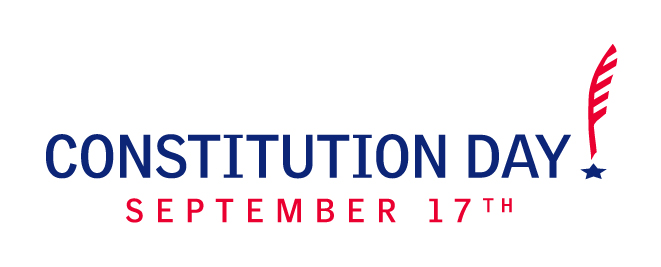The number of law schools accepting the GRE (Graduate Records Examination)-General Test in place of the LSAT is growing. Law schools that have recently announced that they are accepting GRE scores include:

So, what should you know about this new trend?
First, make sure to read each law school’s application criteria carefully – some schools are not accepting the GRE for this cycle, or will only accept the GRE for joint degree programs (programs which combine a law degree with either a master’s or doctoral degree). Even if your school of interest is on the list, you should verify which exam is required before you sign up for the GRE in place of the LSAT.
Second, if you have already taken the LSAT, the schools that accept the GRE will still see your LSAT score. In other words, taking the GRE will not erase a poor LSAT score.
Third, if your first avenue of interest is law school, you should take the LSAT. For now, the list of schools is relatively small and the vast majority of law schools are still requiring the LSAT for admission. The elite schools are leading the way; but these are also highly competitive institutions and with an even wider applicant pool, admissions rates at these schools may actually go down. As importantly, the American Bar Association (ABA) is still actively considering whether the GRE is a suitable replacement and accurate predictor of law school success. It is not a good strategy to limit or target your law school applications based on a desire to avoid the LSAT. You should identify the schools that are a good fit for you and then take the admissions test as required (which more than likely means you'll still have to take the LSAT). The new GRE rules are mostly to allow students who have taken the GRE for graduate admissions in another program to apply to these select law schools without the time or expense of taking the LSAT as well.
Fourth, the move toward the GRE does say something about what law schools are looking for in terms of applicants. They do look at more than just your LSAT/GRE admission test score. Your undergraduate GPA, your letters of recommendation, your personal statement, and your life and career experiences all matter. Law schools value students from diverse educational backgrounds and with a wide array of interests. So be sure to give them the whole picture and emphasize what makes your application unique.

- Benjamin N. Cardozo School of Law
- Brigham Young University Law School
- Brooklyn Law School
- Columbia Law School
- George Washington University Law School
- Georgetown University Law Center
- Harvard Law School
- Northwestern University Pritzker School of Law
- St. John's University School of Law
- Texas A&M University School of Law
- University of Arizona James E. Rogers College of Law
- UCLA School of Law
- University of Chicago Law School
- University of Hawai'i at Manoa William S. Richardson School of Law
- Wake Forest University School of Law
- Washington University School of Law

So, what should you know about this new trend?
First, make sure to read each law school’s application criteria carefully – some schools are not accepting the GRE for this cycle, or will only accept the GRE for joint degree programs (programs which combine a law degree with either a master’s or doctoral degree). Even if your school of interest is on the list, you should verify which exam is required before you sign up for the GRE in place of the LSAT.
Second, if you have already taken the LSAT, the schools that accept the GRE will still see your LSAT score. In other words, taking the GRE will not erase a poor LSAT score.
Third, if your first avenue of interest is law school, you should take the LSAT. For now, the list of schools is relatively small and the vast majority of law schools are still requiring the LSAT for admission. The elite schools are leading the way; but these are also highly competitive institutions and with an even wider applicant pool, admissions rates at these schools may actually go down. As importantly, the American Bar Association (ABA) is still actively considering whether the GRE is a suitable replacement and accurate predictor of law school success. It is not a good strategy to limit or target your law school applications based on a desire to avoid the LSAT. You should identify the schools that are a good fit for you and then take the admissions test as required (which more than likely means you'll still have to take the LSAT). The new GRE rules are mostly to allow students who have taken the GRE for graduate admissions in another program to apply to these select law schools without the time or expense of taking the LSAT as well.
Fourth, the move toward the GRE does say something about what law schools are looking for in terms of applicants. They do look at more than just your LSAT/GRE admission test score. Your undergraduate GPA, your letters of recommendation, your personal statement, and your life and career experiences all matter. Law schools value students from diverse educational backgrounds and with a wide array of interests. So be sure to give them the whole picture and emphasize what makes your application unique.
For more information on the law school application process visit the Pre-Law Student Association (PLSA) website and be sure to sign up for the Pre-Law Student Association (PLSA) Club on DC Link.




























